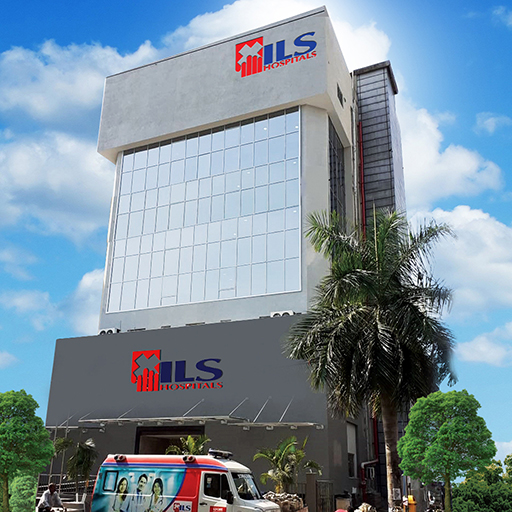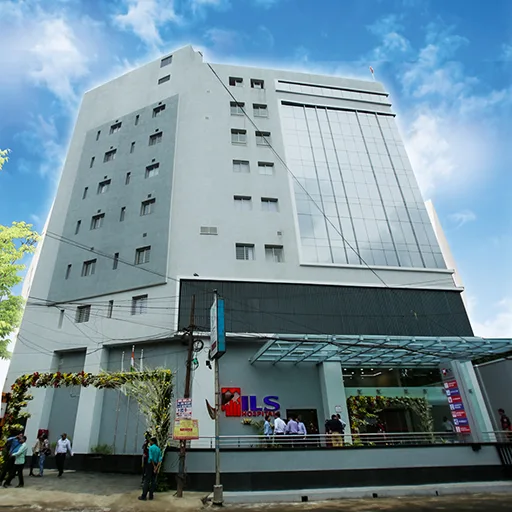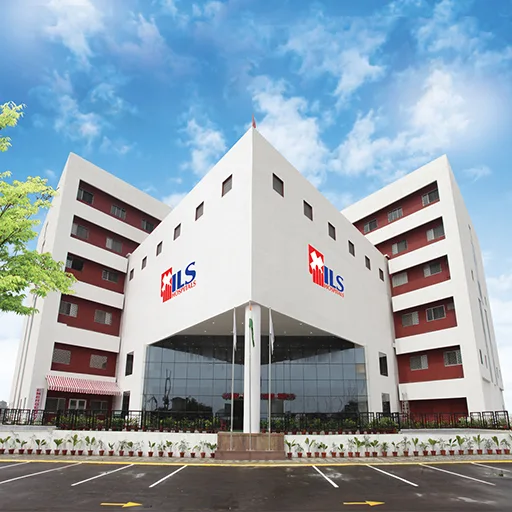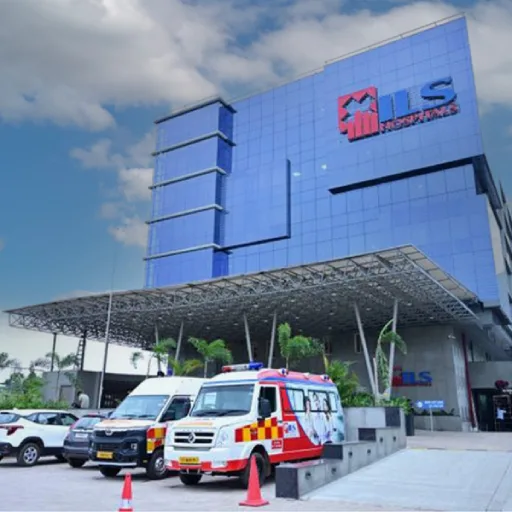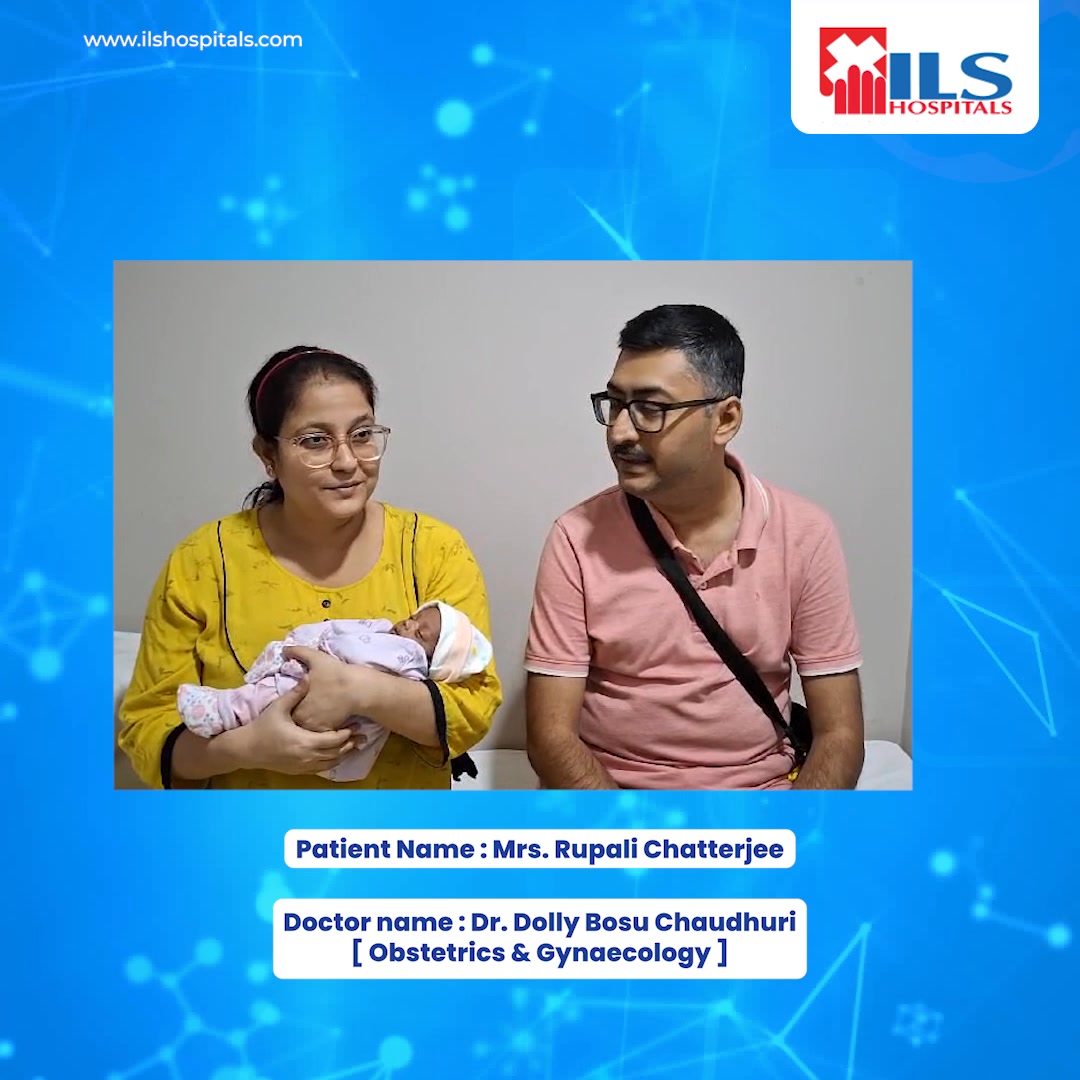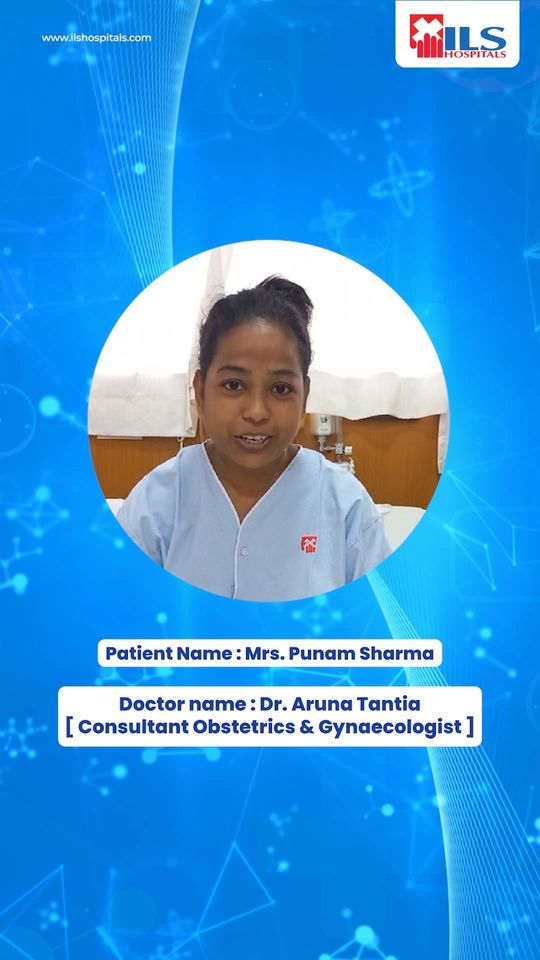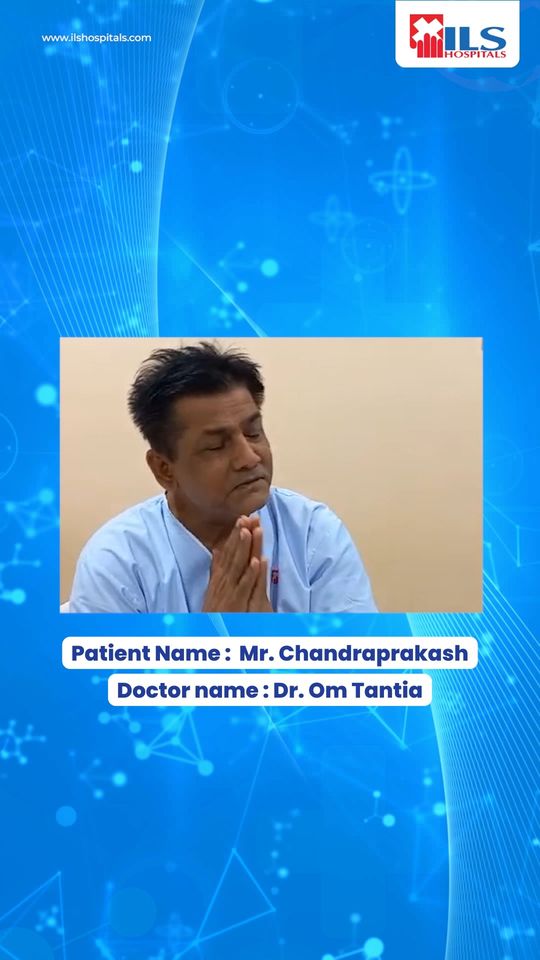Pulmonary Function Test (PFT) at ILS Hospitals: Nurturing Respiratory Wellness
At ILS Hospitals, we prioritize the respiratory health of our patients, and one of the essential diagnostic tools in our pulmonology department is the Pulmonary Function Test (PFT). This non-invasive procedure helps assess lung function, providing valuable insights for the diagnosis and management of various respiratory conditions.
Understanding Pulmonary Function Test (PFT):
PFT is a comprehensive set of tests designed to evaluate how well your lungs perform. These tests measure different aspects of lung function, including the capacity to inhale and exhale air, the efficiency of oxygen exchange, and the overall strength of respiratory muscles. PFT is instrumental in diagnosing conditions such as asthma, chronic obstructive pulmonary disease (COPD), interstitial lung disease, and other respiratory disorders.
Key Components of Pulmonary Function Test:
- Spirometry: Measures the volume and speed of air inhalation and exhalation. It helps identify conditions like asthma and COPD.
- Lung Volume Measurement: Assesses the total amount of air the lungs can hold, aiding in the diagnosis of restrictive lung diseases.
- Diffusion Capacity Testing: Evaluates how effectively the lungs transfer oxygen and other gases from the air into the bloodstream.
- Maximal Voluntary Ventilation (MVV): Measures the maximum amount of air that can be breathed in and out within one minute.
Indications for Pulmonary Function Test:
- Respiratory Symptoms: Persistent symptoms like shortness of breath, chronic cough, or wheezing.
- Preoperative Assessment: To evaluate lung function before certain surgeries.
- Occupational Exposure: For individuals exposed to occupational lung irritants.
- Monitoring Chronic Lung Conditions: Such as asthma or COPD to assess disease progression and treatment effectiveness.
The Pulmonary Function Test Procedure:
- Preparation: Patients are advised to avoid heavy meals and strenuous exercise before the test.
- Spirometry: The patient takes a deep breath and exhales forcefully into a device called a spirometer.
- Lung Volume Measurement: This involves inhaling a harmless gas mixture and holding the breath for a brief period.
- Diffusion Capacity Testing: The patient breathes in a small amount of a harmless gas, and the concentration of the gas in the exhaled breath is measured.
- MVV Measurement: The patient is instructed to breathe in and out as deeply and quickly as possible for one minute.
Post-Pulmonary Function Test Care:
- Immediate Results: In many cases, the pulmonologist provides immediate feedback on the test results.
- Follow-up Discussion: A detailed discussion follows, including the interpretation of results, diagnosis, and treatment recommendations.
Benefits of Pulmonary Function Test at ILS Hospitals:
- Accurate Diagnosis: PFT aids in accurately diagnosing various respiratory conditions.
- Individualized Treatment Plans: Results help formulate personalized treatment plans.
- Disease Monitoring: Effective for monitoring chronic respiratory conditions and assessing treatment effectiveness.
- Preventive Health: Useful for identifying potential lung issues in their early stages.
Trust ILS Hospitals for Pulmonary Care:
Our expert pulmonologists at ILS Hospitals leverage Pulmonary Function Test to provide precise diagnoses and ensure comprehensive respiratory care. With a commitment to patient-centric services, we prioritize your respiratory well-being. Choose ILS Hospitals for advanced pulmonology services, supporting your journey to healthier lungs.



